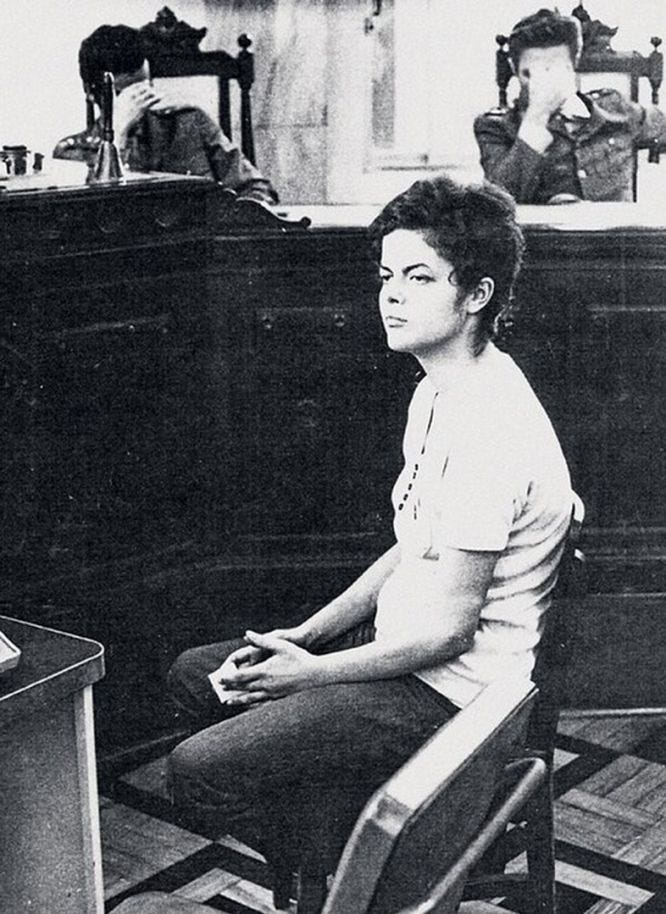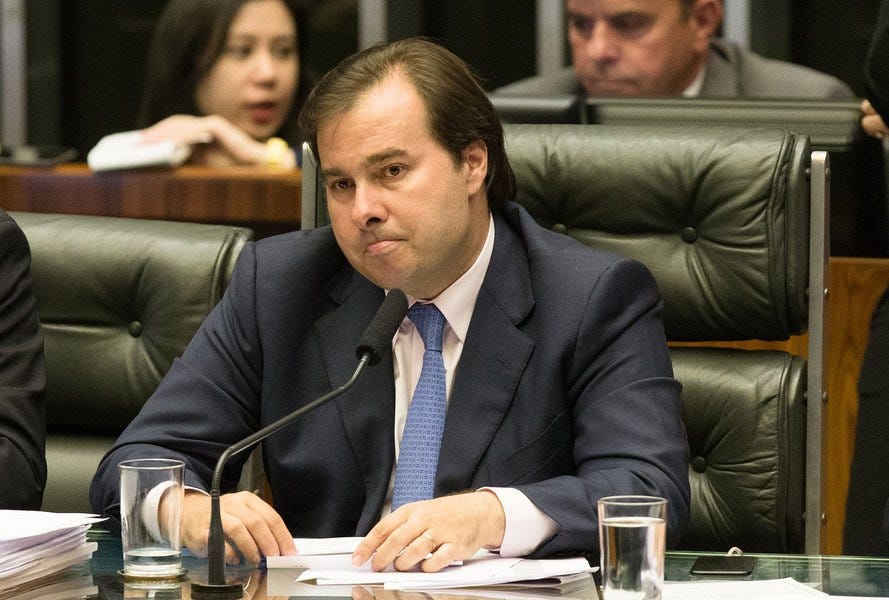Brazilian spying scandal brings back bad memories from dictatorship
Federal Police "Immediate Surveillance" investigation reveals Bolsonaro govt. partnership with Israeli companies to spy on 30,000 political enemies in biggest espionage scandal in Brazilian history
On Thursday, January 25, Brazilian federal police agents enacted search warrants on 21 targets, including the homes and offices of Jair Bolsonaro's former intelligence agency (ABIN) chief, Congressman Alexandre Ramagen (PL), and 7 federal police agents who worked closely with him during his 3 years in office. The actions are part of a massive federal police investigation dubbed "Operation Immediate Surveillance" which is looking into allegations that the Bolsonaro administration used secret, no-bid contracts to acquire R$31 million in espionage software from 11 Israeli companies including Cognyte and Cellebrite, for the purpose of spying on an estimated 30,000 Brazilian citizens for two primary purposes: creating dossiers on political enemies to feed into a parallel social media operation allegedly run by Carlos Bolsonaro in alliance with Steve Bannon's international far right "Movement" for the purpose of character assassination; and for the personal use of then President Jair Bolsonaro to protect his children from ongoing corruption investigations.
That afternoon, Prerrogativas, a coalition of prominent lawyers and law professors filed a petition to Brazil's Supreme Court to publicize the names of all of the estimated 30,000 victims. Some of the names that have already been released to the public include:
Former Ceará Governor and current National Education Minister Camilo Santana, whose personal residence was spied on with drones;
Supreme Court Justices Alexandre Moraes and Gilmar Mendes, who were targeted in an unsuccessful attempt to link them to Sao Paulo's PCC organized crime network; and
Simone Sibilio, the Rio de Janeiro public prosecutor in charge of the investigation into the murders of City Councilwoman Marielle Franco and her driver Anderson Gomes; and
Congressman Rodrigo Maia, former leader of Brazil's federal chamber of deputies.
In addition to spying on political enemies, the Federal Police confirmed yesterday that, under Ramagem, ABIN worked to produce evidence to support the defense teams of two of Bolsonaro's sons and shared it with them, to help protect them from a payroll skimming investigation against Senator Flavio Bolsonaro that involved Rio de Janeiro's Escritorio de Crime militia, and an influence peddling investigation against Jair Renan Bolsonaro.
Yesterday's revelations brought back bad memories for Brazilians who remember Brazil's military dictatorship era (1964-1985) and DOI-CODI, the army's secret intelligence unit which, under the tutalage of the US Government's National War College, spied on union leaders, journalists, student activists and communists, torturing and executing thousands.
In 1970, future President Dilma Rousseff was brutally tortured for 22 days straight in a clandestine DOI CODI cellar
The resemblance to ABIN's espionage against "internal enemies" and similar activities conducted by the armed forces during the dictatorship appears to be no coincidence. Shortly after taking office after the coup against Dilma Rousseff in 2016, illegitimate interim President Michel Temer appointed retired General General Sérgio Etchegoyen as his Chief of the Cabinet of Institutional Security, (Gabinete de Segurança Institucional/GSI), which oversees ABIN and the Brazilian Intelligence System, (Sistema Brasileira da Intellegencia/SISBIN) and has its tentacles in 37 institutions, including the armed forces, the federal police, the military police and the government’s legal team. Etchegoyen, who was an army officer during the last 14 years of the military dictatorship, comes from a long line of far-right coup operatives. As a Lieutenant in 1926, his grandfather Alcides fought to prevent president-elect Washington Luiz from taking office. As an Army General in 1954, he signed the manifesto calling for President Getulio Vargas’ resignation as part of the coup attempt that led to Vargas' suicide. In 1964, his father, General Leo Etchegoyen was a key player in the US-backed 1964 military coup against President Jango Goulart, going on to serve as advisor to dictator Garrastazu Medici.
Etchegoyen's appointment as President Temer's Chief of Institutional Security, a position which veteran journalist Bob Fernandes said made him the most powerful man in Brazil, represented the first time since the dictatorship that Brazil's intelligence operations were put under the control of the Military since President Fernando Collor abolished the old National Intelligence System (SNI) in 1990.
Worries about putting an army general in charge of Brazil's security apparatus were confirmed when news came out in 2017 that ABIN was spying on Rodrigo Maia. At the time, Brazilian journalist Luis Costa personally witnessed a furious Maia yelling at Etchegoyen over the telephone.
"General, I know you are monitoring me. I know that you are listening to my conversations. Stop this now! Now!," he said, "This is absurd, it's shameful. In fact, it's a crime. What are you thinking?"
Rodrigo Maia was furious when he found out he was being spied on
When President Bolsonaro took office he appointed an even more controversial figure from Brazil's military dictatorship to lead the GSI - retired General Augusto Heleno. Notorious for his command of the military operations in the UN Minustah mission to Haiti, where he served under Gabriel Boric's current ambassador to the United States, Juan Gabriel Valdez, during the Cité Soleil massacre, Heleno is also known by Brazilians for his role as attache to army General Sylvio Frota, leader of the fascist and rabidly anticommunist tigradas faction within the military that operated death squads and opposed the return to democracy.
Although espionage against politicians was already underway during the Temer administration, the operation deepened under Heleno. In April, 2023, investigative news platform Agência Pública revealed a secret, R$8.1 million deal made in the United Arab Emirates with the spy firm Digital Clues, which is currently owned by the Israeli company Cellebrite. That November, the Federal Police announced it had recovered data on 30,000 people who had been spied on by ABIN during the tenure of Alexandre Ramagem.
As news of the federal police raids went public yesterday, journalists and political leaders were quick to react. Workers Party President Gleisi Hoffman called it one of the worst scandals in Brazilian history. On X, journalist Leandro Demori said that the scope of the espionage carried out by the Bolsonaro administration's illegal, parallel espionage operation was larger than anything ever carried out during the dictatorship.
Happier days: Carlos Bolsonaro and Alexandre Ramagem celebrate New Year’s Eve together in 2019
As the Bolsonaro family’s hopes to install long time family friend Alexandre Ramagem as the next mayor of Rio de Janeiro crumble, many wonder how far the investigation will go. Will it reach Augusto Heleno, who so far has seemed untouchable? Will the corruption investigation against Senator Flavio Bolsonaro finally move forwards? Why was the Bolsonaro administration so interested in spying on the Marielle Franco murder investigation?








Thanks for the details! We usually don't hear of them. Keep up the great work.